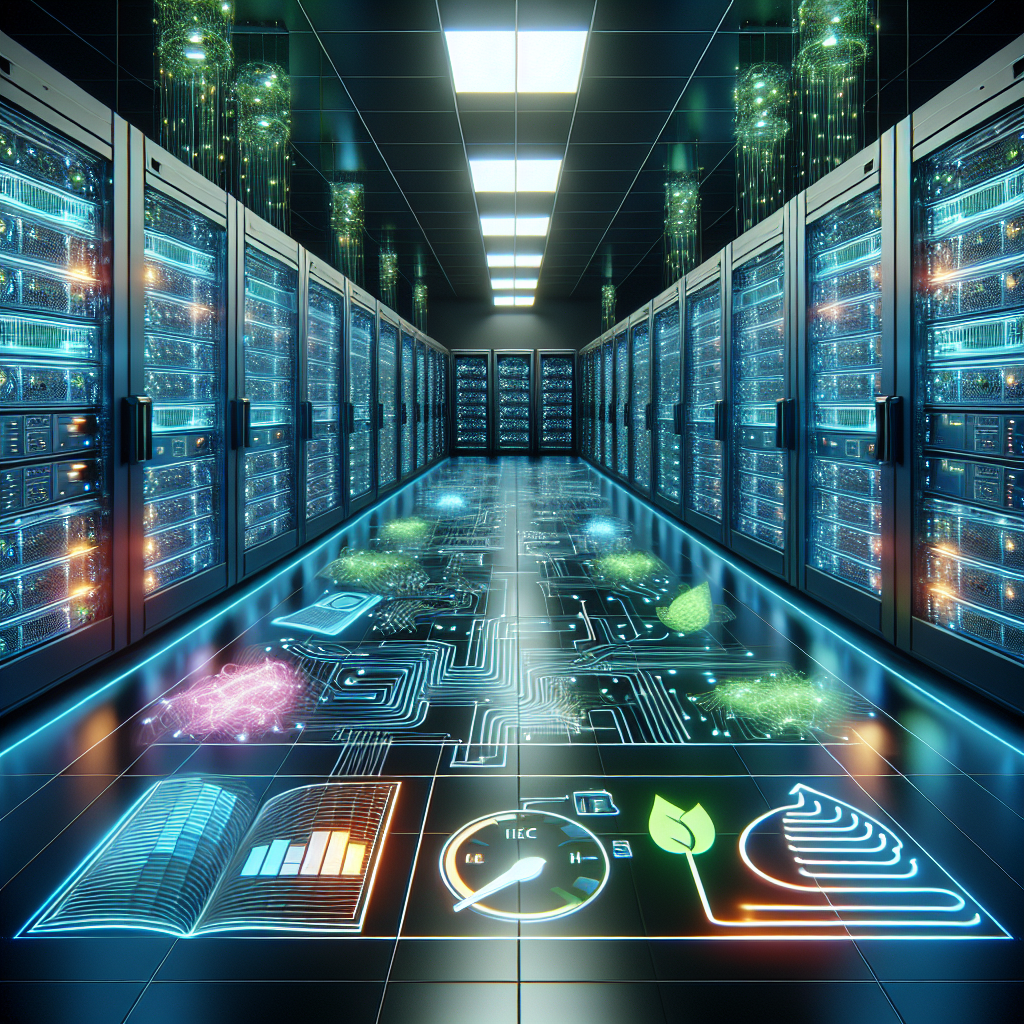Your cart is currently empty!
Best Practices for Optimizing Data Center Energy Efficiency

In today’s digital age, data centers play a crucial role in storing and processing vast amounts of data. However, the energy consumption of these facilities is a growing concern as the demand for data continues to increase. In order to minimize the environmental impact and reduce operating costs, data center operators must prioritize energy efficiency. Here are some best practices for optimizing data center energy efficiency:
1. Virtualization: Virtualization allows multiple virtual servers to run on a single physical server, reducing the number of servers needed and therefore decreasing energy consumption. By consolidating workloads onto fewer servers, data centers can operate more efficiently and effectively utilize resources.
2. Efficient cooling: Cooling systems are essential for maintaining the optimal temperature within a data center. Implementing efficient cooling practices, such as using hot aisle containment and cold aisle containment, can help reduce energy consumption. Additionally, utilizing free cooling methods, such as outside air cooling, can further enhance energy efficiency.
3. Energy-efficient hardware: Upgrading to energy-efficient servers, storage devices, and networking equipment can significantly reduce energy consumption in a data center. Look for Energy Star certified products and equipment with high efficiency ratings to ensure optimal performance while minimizing energy usage.
4. Power management: Implementing power management tools and technologies can help monitor and control energy usage within a data center. By effectively managing power consumption, data center operators can reduce energy waste and lower operating costs.
5. Energy monitoring and reporting: Regularly monitoring energy usage and tracking performance metrics can help identify areas for improvement and optimize energy efficiency. Implementing energy management software can provide valuable insights into energy consumption patterns and help data center operators make informed decisions to reduce energy waste.
6. Renewable energy sources: Incorporating renewable energy sources, such as solar or wind power, can help data centers reduce their carbon footprint and reliance on traditional energy sources. By generating clean energy on-site or purchasing renewable energy credits, data center operators can support sustainability efforts and reduce environmental impact.
7. Energy-efficient practices: Encouraging energy-efficient practices among data center staff, such as turning off unused equipment and implementing best practices for equipment maintenance, can further enhance energy efficiency. Promoting a culture of energy conservation can help reduce energy waste and improve overall operational efficiency.
By implementing these best practices for optimizing data center energy efficiency, operators can reduce energy consumption, lower operating costs, and minimize environmental impact. Prioritizing energy efficiency not only benefits the bottom line but also contributes to a more sustainable and environmentally conscious data center operation.

Leave a Reply